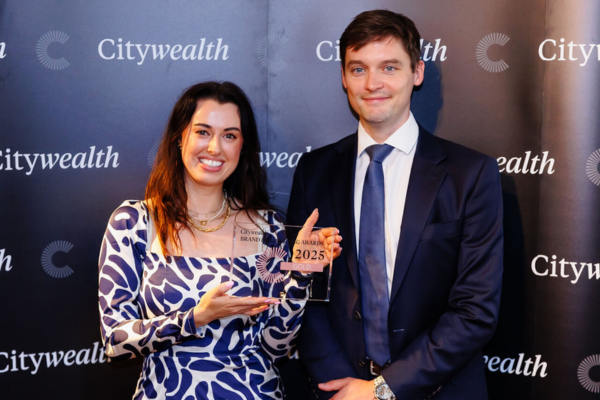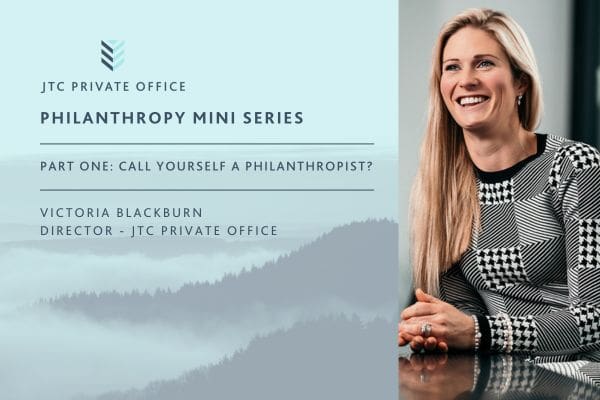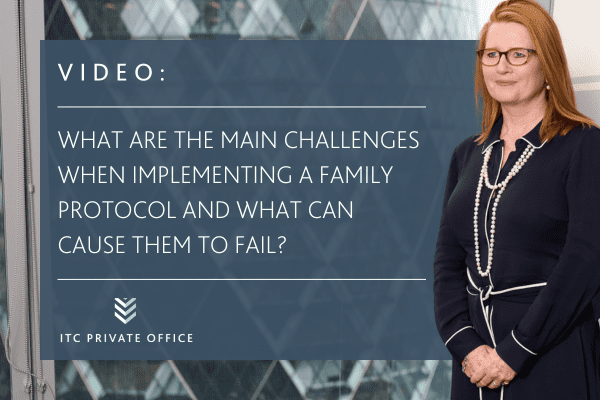There is more awareness than ever before about environmental concerns and global issues. This, coupled with the next generations beginning to take control of family wealth, is bringing a much bigger focus on philanthropy.
Our clients are based all over the world and have wide-ranging business interests. We are however seeing some common themes.
Trends in the regions
Whilst there are differences in the regional focus and type of philanthropic giving, we are seeing more ‘philanthropic investors’ from around the world. It is no longer just a giving away of money or time, but an investment in making an impact and driving change through a ‘hands on’ approach. Younger generations are keen to have their thoughts heard and to take positive actions to make changes. Therefore there appears to be a blurring between philanthropic giving, impact investing and to some extent, sustainable investment.
Philanthropic giving provides no monetary profit for the giver. Impact investing gives capital injections into companies or funds that will make a measurable beneficial social or environmental impact, while providing some form of financial return for the investor. However, of foremost importance is the positive outcome of this thematic investing. Sustainable investment in the form of environmental, social and governance (ESG) and socially responsible investing (SRI) is used to invest both responsibly and sustainably, whilst providing profits that can match traditional investments, or in some cases may even exceed them. As with traditional investments, investors may choose to reinvest, but some also choose to gift a share or all of the profits of the investment for charitable giving. This option gives what some may see as a ‘double upside’. What we see today is huge potential, not only for philanthropic giving in its purest form, but also a divergence in the investment space and a growing tendency to add more sustainable investment to portfolios.
Historically, the USA has exerted a natural ‘tendency’ towards philanthropic giving, and similarly Europe has a strong tradition of charitable giving. In the USA, the tax system favours certain charitable donations, which helps giving from all strata of society, providing additional incentives to give.
In Europe, philanthropic giving is also steeped in history, driven historically by religion and later through many not for profit organisations.
Recently we have seen that charitable giving from the wealthier in society, from individuals and also via established family offices, has taken a more hands-on approach. This is driven by the desire of many UHNWIs to be actively involved in driving change through charitable giving (as opposed to the one-off or multi donations to established causes that have traditionally been more popular). The introduction of social impact bonds/structuring in Europe is now also popular in the USA, which focusses on results driven payments with investors providing some management as well as working capital support.
In the Middle East, many UHNW families are beginning to set up charitable structures offshore that work alongside those they have set up onshore, to allow them greater flexibility in their charitable giving. Historically the Middle East has had a culture of philanthropic giving based on certain religious values. We find people are now looking at charitable giving through a longer-term lens, and there is a drop in the one-off donations and instead a more planned and structured approach.
Asia also has seen a huge rise in the number of wealthy individuals. Here the younger generations are also having a big impact on how money is spent and are interested in sustainability as well as pure philanthropic giving.
Charitable giving/structuring can bring complex regulatory undertakings, which investors may feel hinder their good intentions. In some countries, tax breaks favour only government backed charitable giving, which some investors may find restricting. Philanthropists are still sometimes wary of the role of NGOs, and headline grabbing scandals have dented the confidence of some philanthropic investors.
Younger generations are prioritising philanthropy
We’re seeing that younger generations are much more hands than their parents or grandparents have been. We also see that self-made millionaires/billionaires tend to have a more philanthropic outlook than those with inherited wealth. That is not to say that families that have been wealthy for generations do not give, they do – but the self-made UHNWIs tend to take the lead and are often more focused in their giving. Some of the traditionally wealthy, especially the younger generations, also consider philanthropy to be an antidote for what is sometimes seen as the ‘toxicity of wealth’ and therefore wish to invest in the preservation of the planet or improvements in healthcare and education.
Younger generations are also showing an increased interest in sustainable investing. Returns on some sustainable investments have been as high as many traditional investments – so if it pays well and helps the planet, why would you say ‘no’? We have seen that money allocated for philanthropic giving/impact investing is sometimes being created from sustainable investing – so both its generation, and then onward function, can have a positive impact and help a range of good causes.
How do clients choose their philanthropic causes?
We see clients wishing to support a wide variety of good causes. Often clients choose causes that they are particularly passionate about, or they may have a history of supporting particular organisations that they wish to continue. Other clients know that they want to include an element of philanthropy in their structuring, and we will have conversations with them to understand what is most important and then help them to define the charities they want to benefit, or connect them with professional philanthropic advisors to discuss large project plans, or even work with them to help create their own charitable trusts or not for profit organisations. Our discussions may also touch on impact investing or sustainable investing to explore the double upside of investing responsibly, then passing on profits in a charitable way. We often act as a sounding board to the family, and as expert generalists, we are ideally placed to do this. We can then connect the client with the correct specialists they need to carry out their wishes.
Philanthropic giving often has a very personal edge, and there are sometimes sensitivities as to why a client wishes to support a particular cause. We see our role as supporting our clients in their philanthropic ventures and making their ‘investment’ in their chosen charitable form work efficiently, and more importantly, effectively.
How JTC helps
JTC has vast experience in managing charitable structures, and some of the team are also trustees or hold other management positions at charitable organisations. We also have a strong network of other advisors who are experts in philanthropy. We are therefore able to discuss options with the family to help them decide what best suits their needs as well as set up and engage in meaningful discussions with third party advisors.
We help our clients to take steps to safeguard their philanthropic models by:
- Clearly defining their charitable mission. This means writing it down! Record what they like and don’t like about giving
- Helping them to choose the right trustees/staff that can carry out their charitable mission – family members and friends are not always the best choice
- Making sure there is a clear line between philanthropic giving and business operations;
- Helping clients to be actively involved in their causes where they want to be and making other family members aware of what clients want to achieve in both the longer and shorter term
- Ensuring perpetuity – that any structure that is set up to carry on the mission for generations and has good organisation and means of electing its staff/trustees/advisors to continue running once the first generation is no longer around
- Above all – ensuring proper and effective communication and reporting to and from the charitable organisation to make sure that the charitable mission remains current, effective and positive for all parties
Key contact
Stay Connected
Stay up to date with expert insights, latest updates and exclusive content.
Discover more
Stay informed with JTC’s latest news, reports, thought leadership, and industry insights.
Let’s Bring Your Vision to Life
From 2,300 employee owners to 14,000+ clients, our journey is marked by stability and success.




















